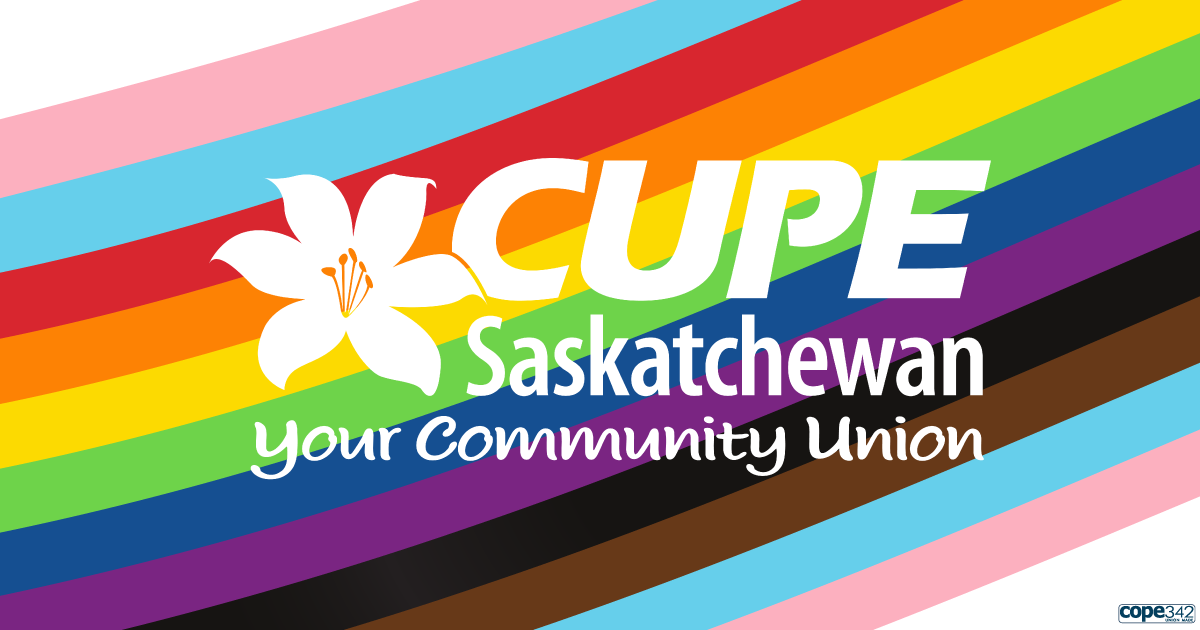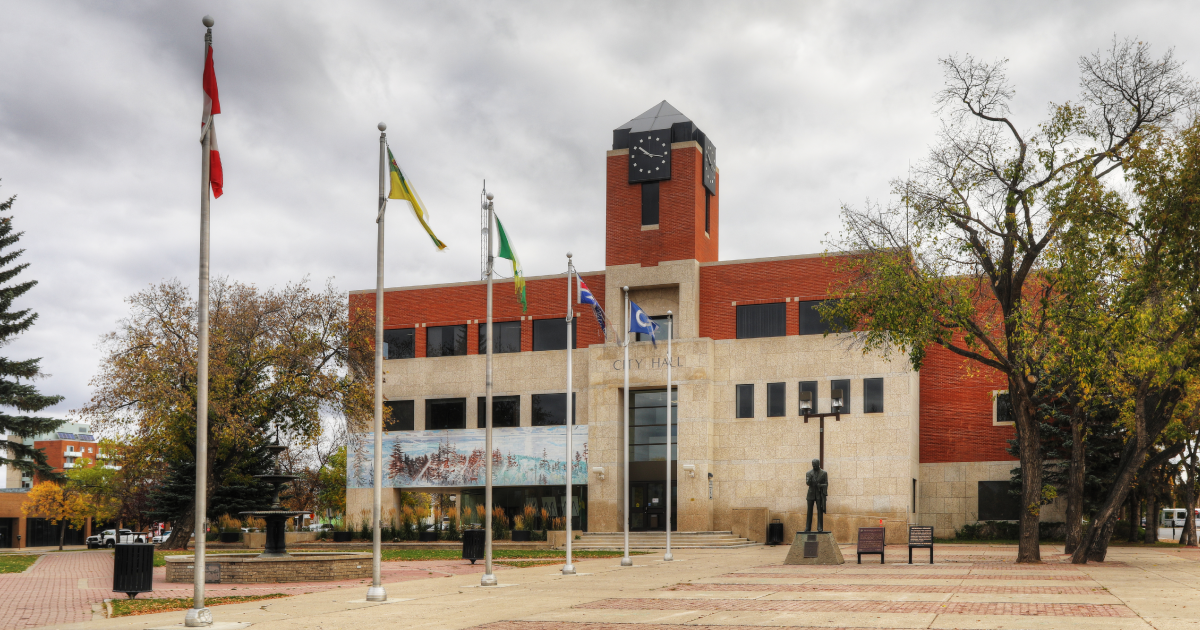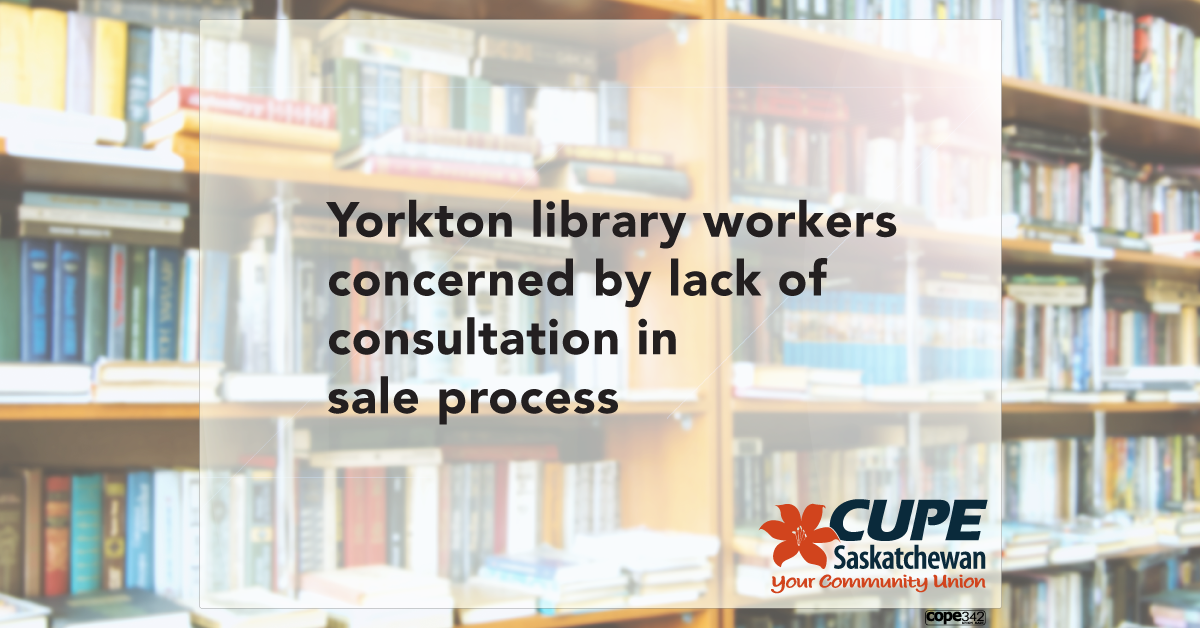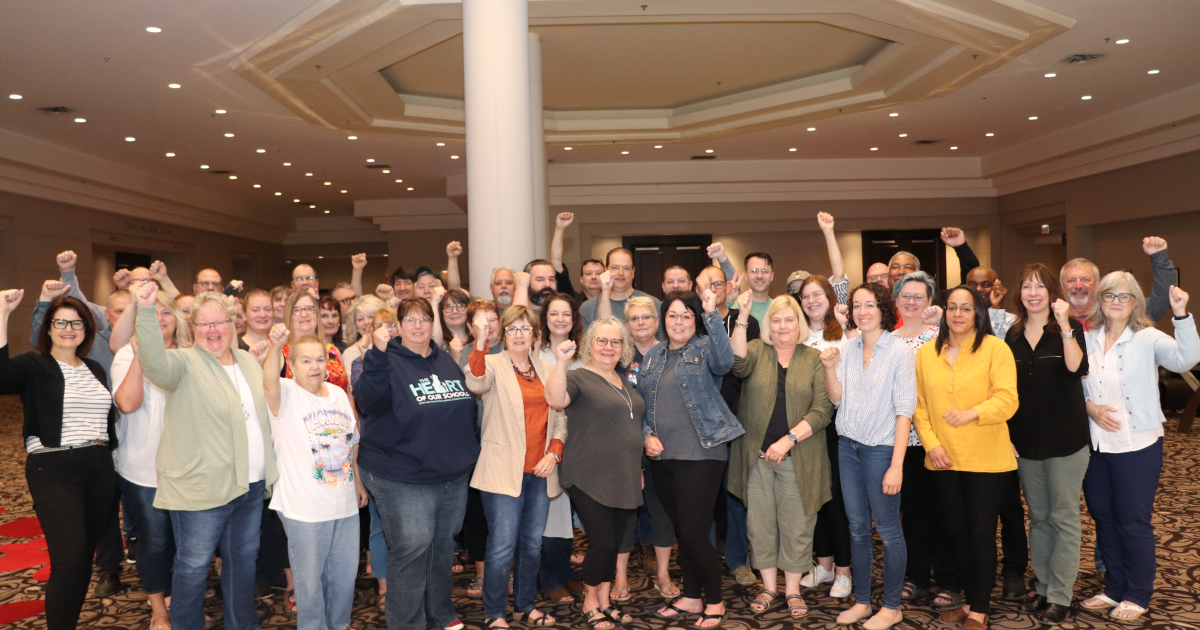
Prince Albert City Council held an emergency meeting to approve increasing the wages for out-of-scope supervisors. CUPE 882 members and allies were on hand to witness the proceedings. The local has significant concerns with the rhetoric from councillors and city administration, as well as the misleading information they are sharing by other means.
City representatives spoke about the labour uncertainty stemming from a potential full withdrawal of services by CUPE 882. However, the report did not mention that the employer walked away from the bargaining table after just eight days over the course of a few months.
The union was hopeful that the mandatory conciliation process with the Labour Relations Board appointed conciliator would result in some discussion, but the city’s representatives refused to meet with us face to face. Conciliation broke down the same day it started.
“We want to be clear: the city is refusing to bargain. And their comments during the emergency meeting made it clear they have little interest in coming together to reach a fair deal,” said Allan McKeand, a city employee and a spokesperson for CUPE 882.
“The union was also concerned that city administration was not able to answer basic questions from councillors about the cost rationale for rejecting the union’s counteroffer.” When asked directly what the cost of a one percent increase for these workers is, the City Manager said they do not have the answer.
Continue reading →









